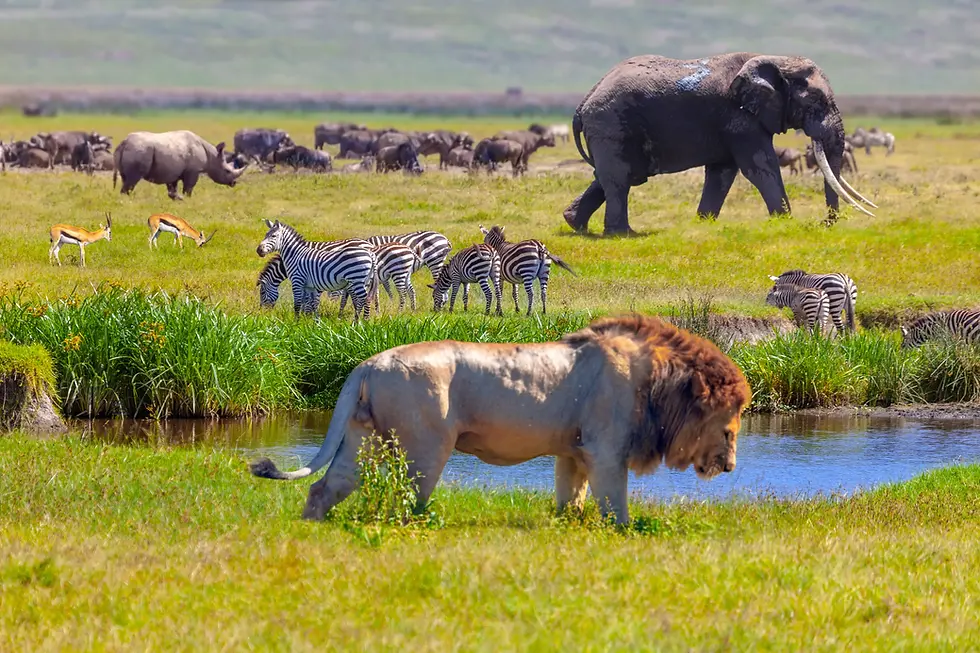Can We Save Indonesia’s Marine Life?
- Gowri Rayannavar
- Jul 19, 2025
- 2 min read
Indonesia is an island located in Southeast Asia, also known as Oceania, where it boasts the world's highest marine biodiversity, being the central position in the Coral Triangle. The Coral Triangle, also called “ the Amazon of the Sea,” is a region of the ocean that is home to the largest marine biodiversity, particularly its coral reefs. This being said, Indonesia's marine life plays a big role in underwater life. However, overfishing and dynamite fishing have affected the balance of local coral ecosystems, which has become increasingly detrimental to marine biodiversity.
Dynamite fishing is the process of using explosives underwater to stun or kill fish for easy collection. This method shatters coral reefs, which are slow-growing and take decades to recover. Overfishing has led to the depletion of important species like tuna, groupers, and snapper. This method can cause much harm due to the fishing occurring before fish reach full maturity, meaning that the population isn’t able to replenish itself. This pattern not only affects these species but also disrupts the marine food chain and can lead to the collapse of fish stocks. Overfishing and destructive methods reduce species diversity, making ecosystems less resilient to climate change and pollution. Overall, this causes mass destruction in the biodiversity in Indonesia’s ocean and impacts the longevity of the Coral Triangle.
This being said, Indonesia has taken action to try and restore marine life. The country has established over 200 MPAs covering millions of hectares. The main purpose of MPA is to protect marine ecosystems, restore fish populations, and preserve biodiversity. However, MPAs are not always effective as they need strong enforcement, local support, and ongoing monitoring to be truly effective. This is more prominent as organizations and nonprofits try to raise awareness and funds to support the changes needed to be made to help save marine life. Even though Indonesia hasn’t seen the light of fully restoring its marine life, they have shown commitment to bettering its communities one step at a time.
Sources:




Comments